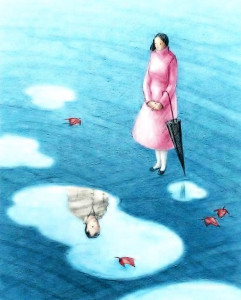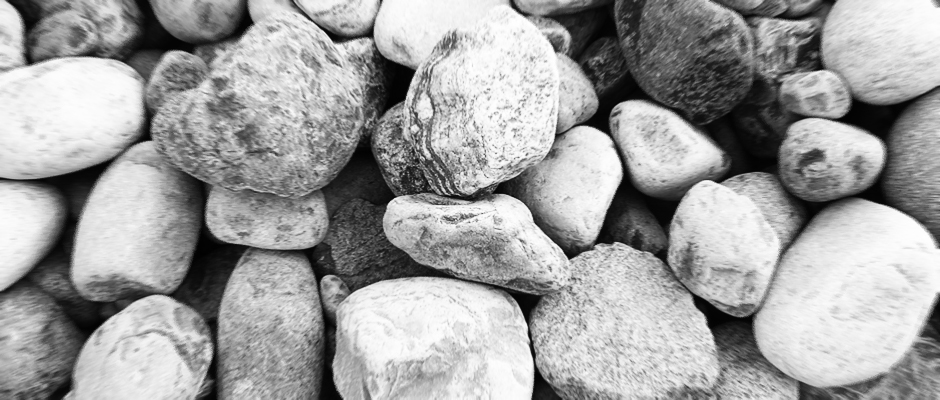The Butterfly Effect
Published in The Globe & Mail March 4, 2013I remember as if it was yesterday.
As I walked through the hospital doors, I found my father and daughter waiting for me. Each slid an arm in mine as we walked silently down the long passageway to my husband’s room.

He was lying on the bed, head propped up with pillows and slumped to one side. His eyes were closed. I ran to his side, but he was gone. He looked so tired. I looked around the room. Nurses wiped tears from their eyes while my mother consoled my daughter. My father held me and stroked my head. I didn’t get to say good-bye, but in reality neither one of us could have said the words anyway. Neither one of us could say the words “death,” “dead” or “dying.” When we talked of the future, it was only about me and the decisions I would have to make.
When he was well, he was a tall, handsome man with large brown eyes and a full head of curly hair. He was charismatic: The moment he walked into a room, people were drawn to him. He and I were a team. We loved each other unconditionally, and wrapped our children in the safety net of that love.
I looked at his frail body lying on the bed. I waited impatiently for the attending physician to arrive. Finally, he walked into the room and switched off the ventilator. I listened to the silence. All the tension had left my husband’s face, and he looked peaceful.
The physician put his arm around my shoulders and walked me out of the room. He told me I had to think of myself now; I had a whole life ahead of me. I didn’t understand his meaning at the time, and his words washed over me like raindrops falling to the ground.
I left the hospital for the last time. My children didn’t want me to drive, but I needed to be alone. I got into the car and closed the door, feeling safe in my own bubble. My husband’s sunglasses were in the case on the passenger seat beside me; I opened it and put them on. They were too big for me. I felt like a giant June bug, but I didn’t care.
Funeral arrangements had to be made, and I realized those decisions would be the first of many I would make alone. The funeral home asked for a suit, shirt and tie to dress him in. I gave them his favourite blue denim shirt, jeans and running shoes. I knew he would never forgive me if he spent his afterlife in a suit.
At the service, the room was packedwith people. The minister recited Christian devotions first, and then said Kaddish, the Jewish prayer for the dead. Ours was a mixed marriage. My two children, in their late teens and early 20s, sat on either side of me. I wrapped my hands around each of theirs, not wanting to let go. My mind slipped into a trance while friends read eulogies. They mouthed words, but I couldn’t hear.
I wondered what would become of our family. I wanted to run back to my old life, a shelter of trust and laughter. But the cocoon had shattered, and the butterfly had flown away.
When I got home, I walked upstairs and into our empty bedroom. I changed my clothes and walked into my husband’s closet. I held the sleeve of his jacket to my face and inhaled; it was beginning to smell stale. I realized that life would never be the same.
It has been 19 years since my husband’s death.
The first few months were the hardest, and I barely remember what I did other than shed buckets of tears in the shower each day and try to hold my emotions together in front of my children. I felt like a ship with a broken rudder, floating aimlessly.
I came out of my mental fog toward the end of a year, and the unhappy memories of my husband’s illness and death slipped further into the past.
He had left me with a family and beautiful memories. The rest I had to figure out on my own journey.
I learned to make decisions alone, and quickly stopped asking myself what he would have done; I didn’t want to live in the past. The house represented the past and became a constant reminder of a life that was no longer there; within two years I had sold it.
I never lost my love of life, but I had to find new ways to embrace it. I took art classes, went zip-lining in Costa Rica and, eventually, found a new career that I liked. Most importantly, I learned to laugh again.
Slowly, I blossomed into my own person. Perhaps I am the butterfly that flew away.
I have happily remarried, attended my children’s graduations and their weddings, and sat in awe as I held my grandchildren for the first time.
I can now speak freely about my husband’s death, remembering my hurt but no longer feeling the pain.
There is a small piece of him in each of my children and grandchildren; a saucy grin, a sparkling eye are reminders of his legacy.
Yes, life is not the same. It is just different.
About admin:
Leave a Reply

